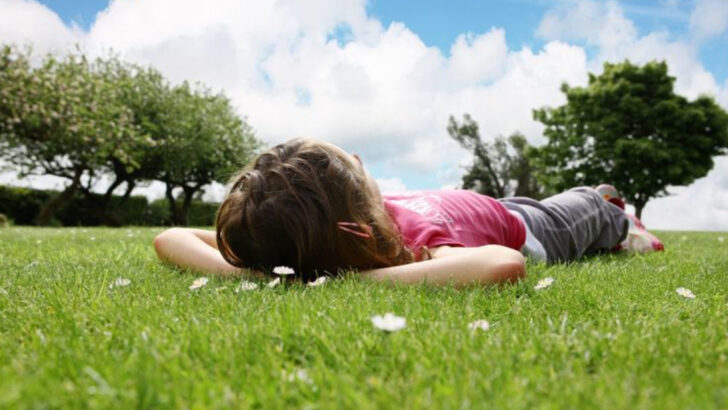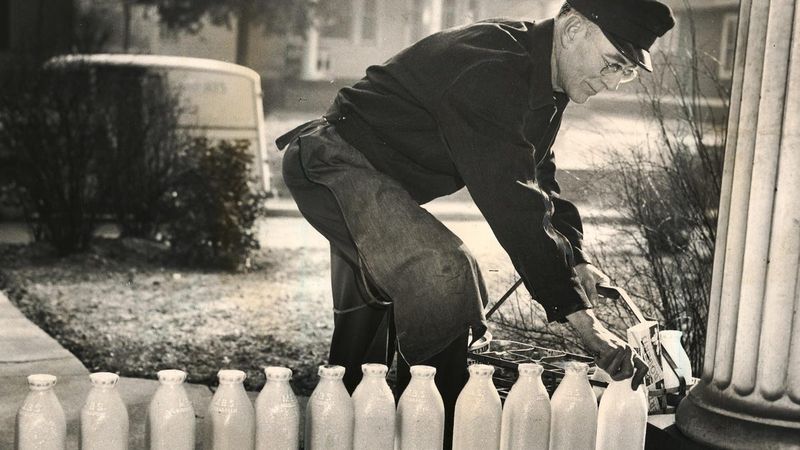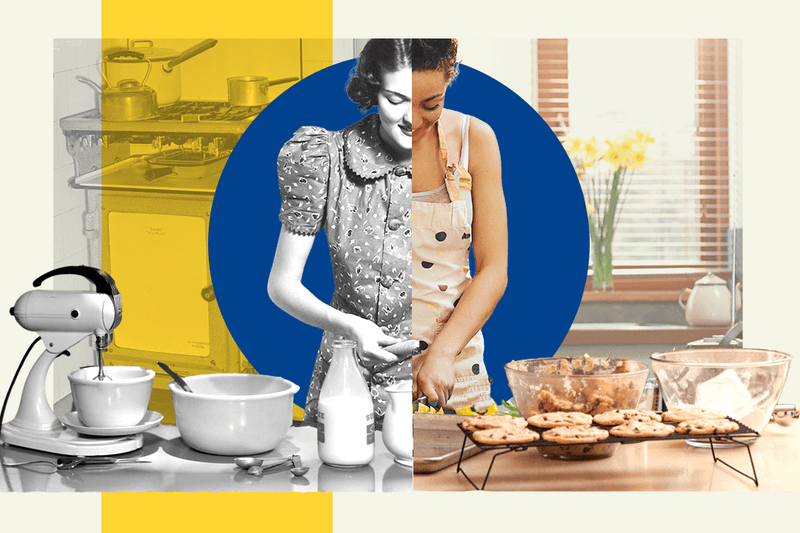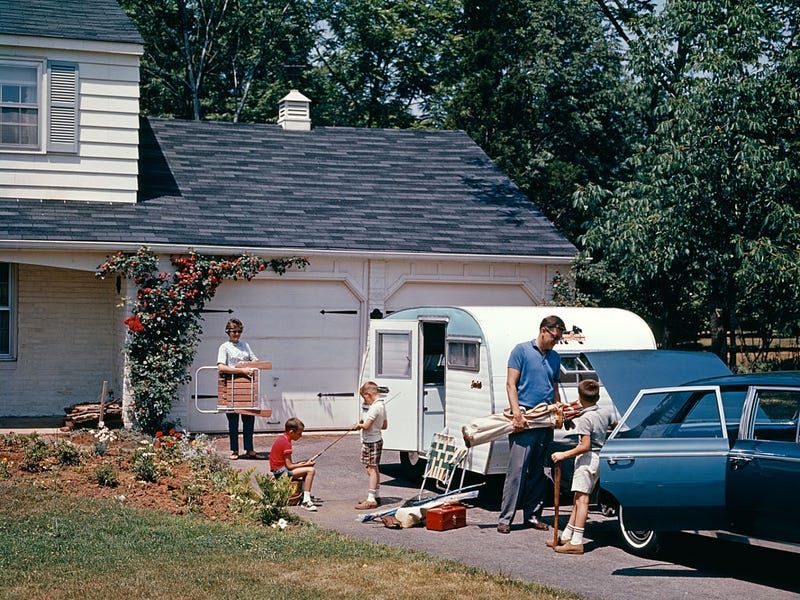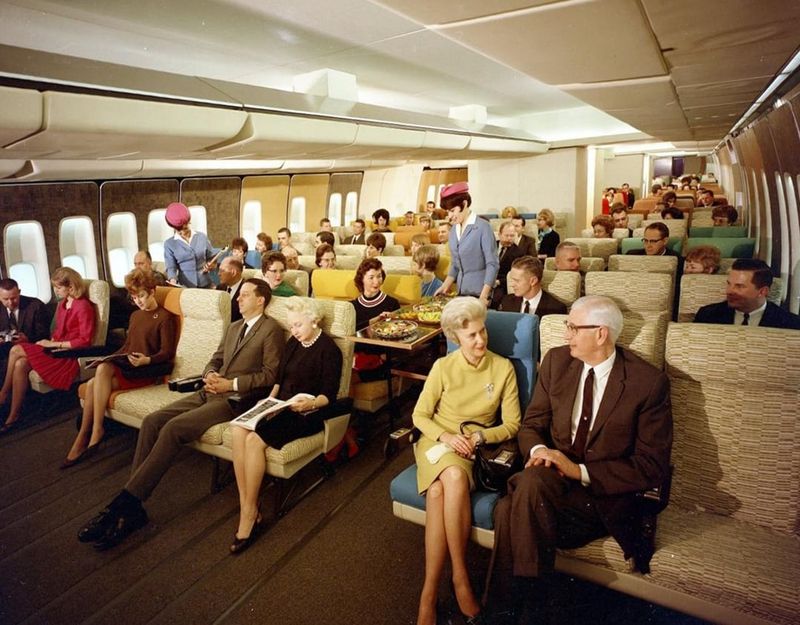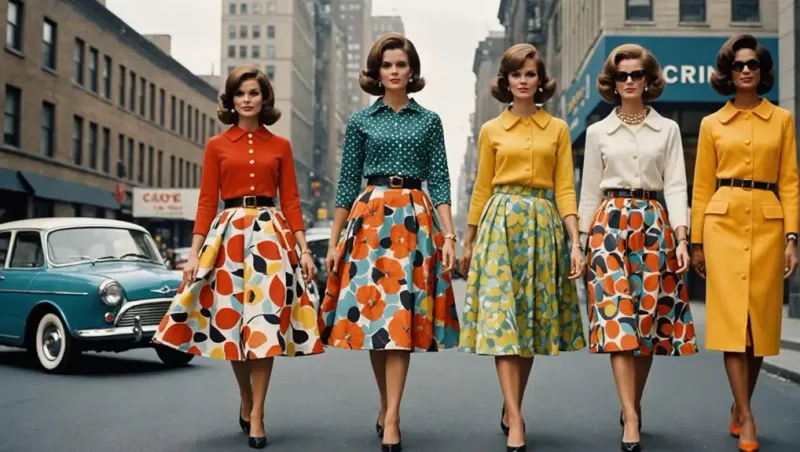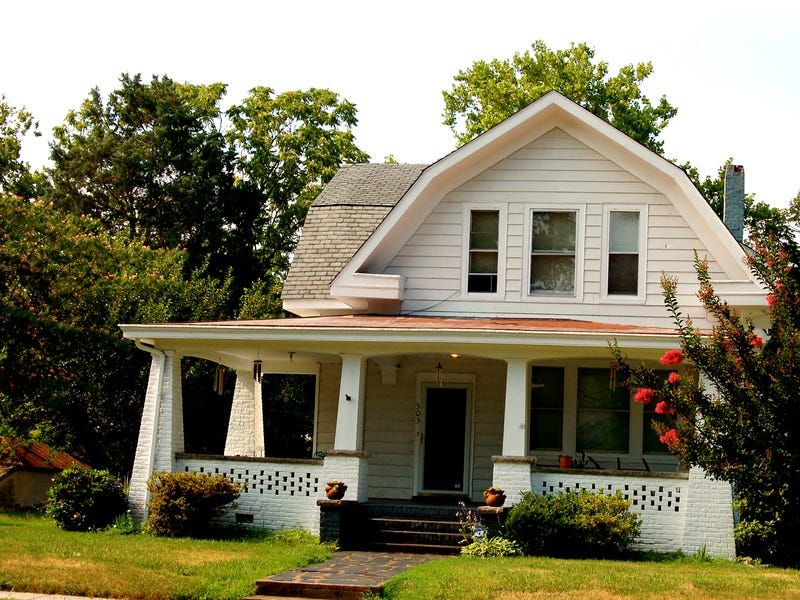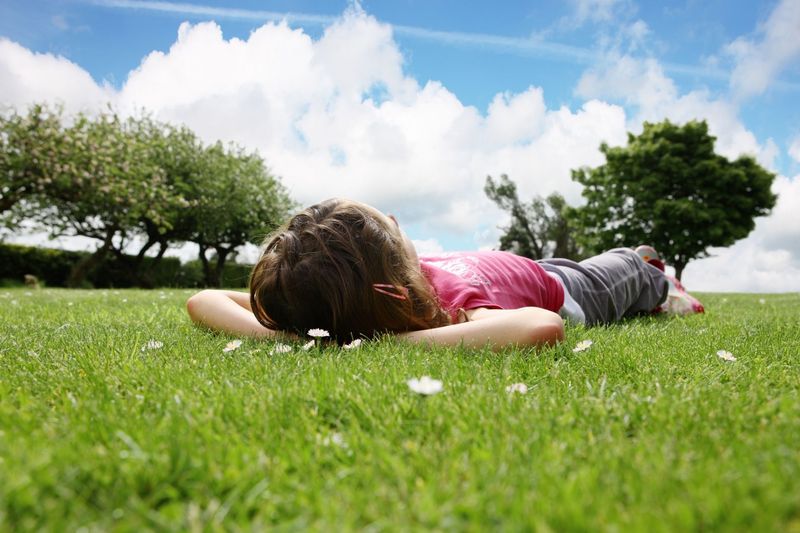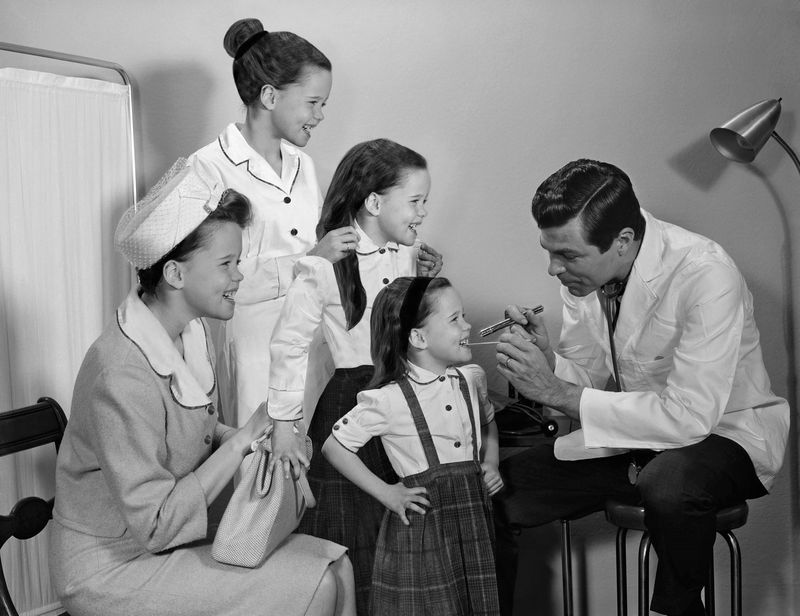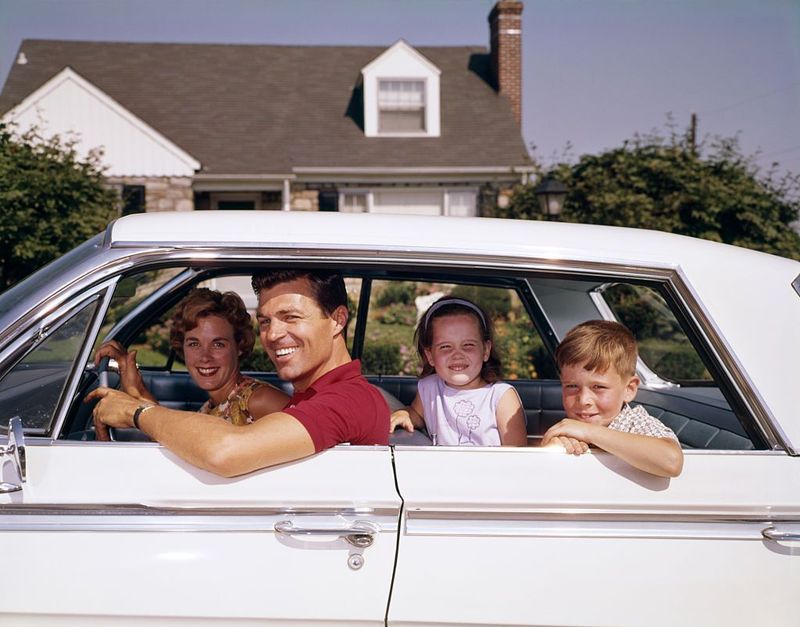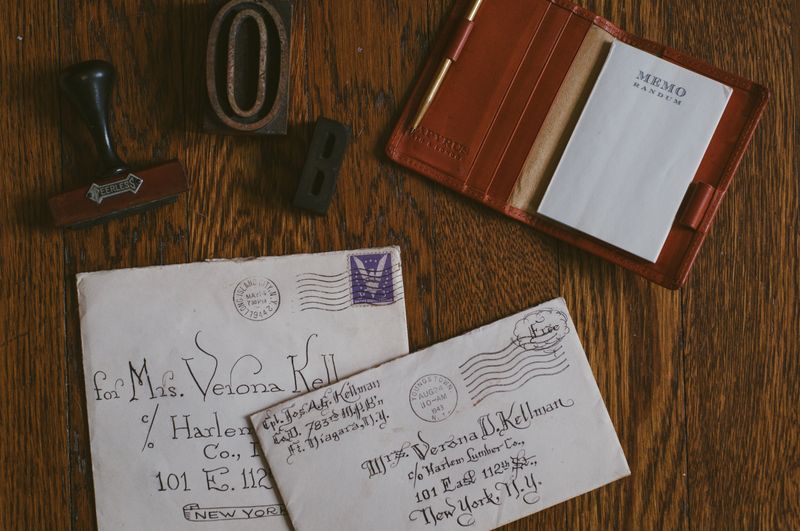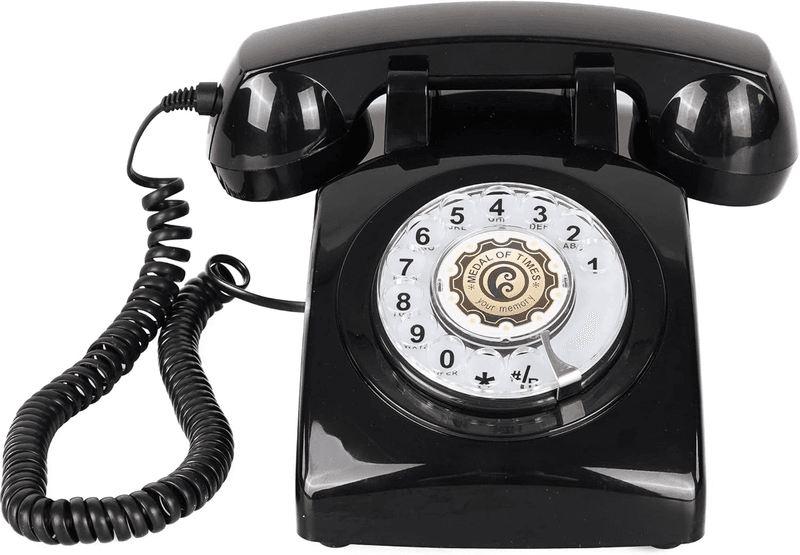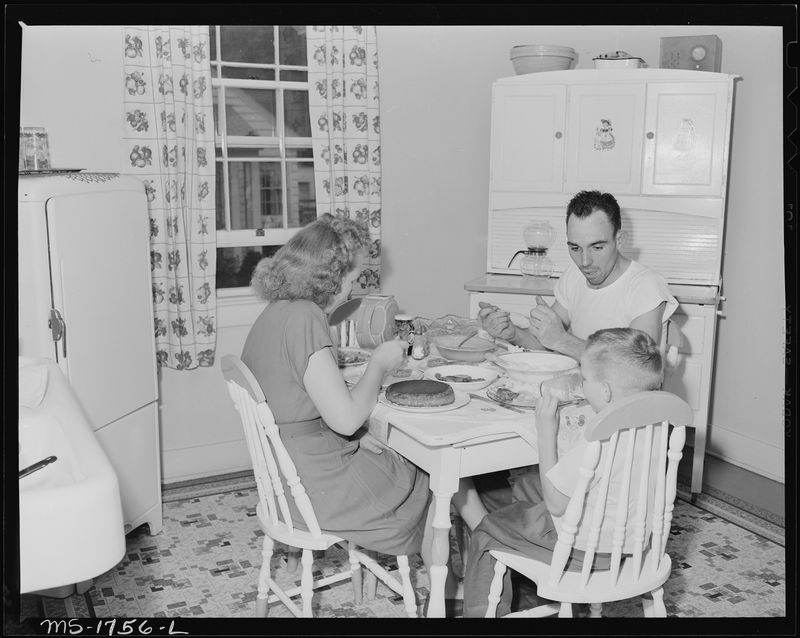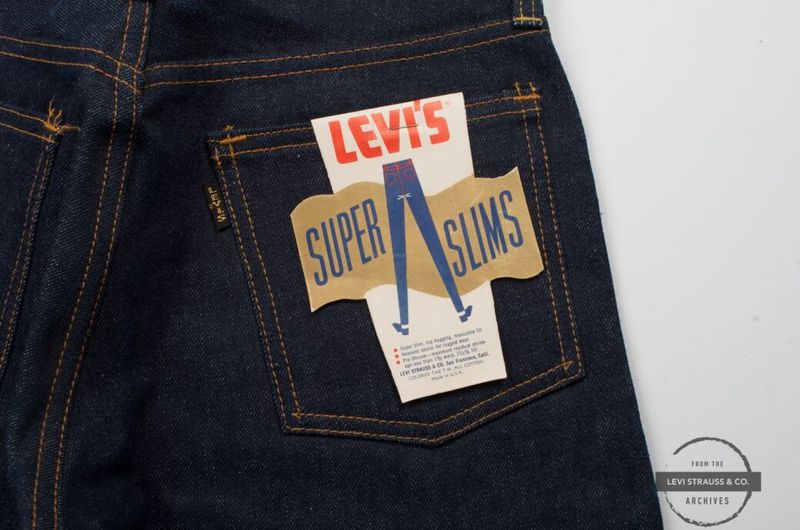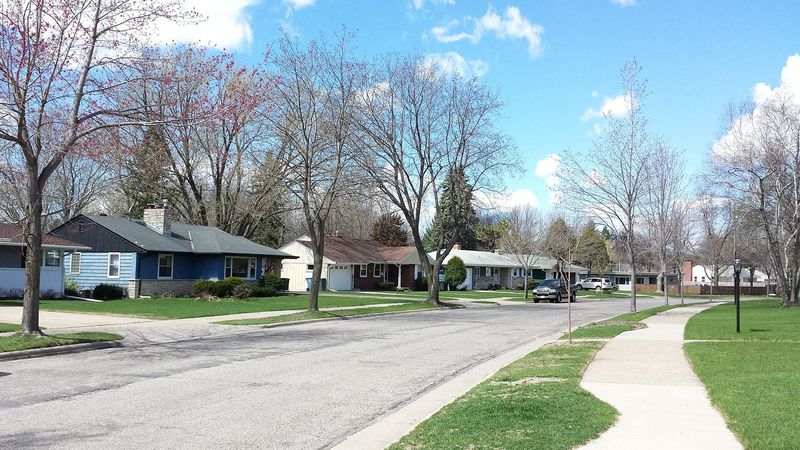I’ll be honest—sometimes I think my mom’s stories sound like fairy tales. Not because of the wild fashion or the Beatles posters, but because the basics of her childhood now read like scenes from a luxury catalog instead of ordinary life.
Milk that magically appeared at your door. Doctors who remembered more than your chart. Real weekends. So many of the things that were once just normal have quietly become rare—even out of reach.
If you’ve ever wondered why modern life feels so exhausting, maybe it’s because what used to be basic now feels like you have to earn it. Let’s get real about what we lost, what we miss, and what it says about us now.
1. Milk on Your Doorstep—Now That’s Bougie
Imagine waking up to find fresh, cold milk waiting in a glass bottle on your doorstep—no app, no delivery fee, no reminder emails. The milkman knew your name, your dog, and if you liked extra cream. Today, people pay extra just to have groceries delivered, and it all feels like a treat instead of a Tuesday.
There’s something almost cinematic about the clink of bottles and the trust it took to leave something so valuable out in the open. These days, you might not even know your delivery person’s face. Back then, it was a tiny ritual of trust between neighbors—now replaced by porch cams and package theft anxiety.
The milk wasn’t just fresher; it felt like you mattered. Maybe that’s why people shell out for fancy delivery services now—chasing a sliver of that old, personalized normal.
2. Dinner from Scratch, Not DoorDash
Remember when dinner meant actual cooking, not just scrolling through endless takeout options and wondering what counts as a vegetable? Kitchens in the ’60s were filled with the smells of onions sizzling, not the beep of microwave meals. You chopped, stirred, tasted, and sometimes even argued about how much salt Grandma used.
Family recipes weren’t just content—they were memories. Cooking from scratch took time most people don’t have anymore, but back then, it was woven into the fabric of family life. Even the mess felt important, proof that someone cared enough to make something real.
Now, a “home-cooked meal” can feel like a luxury reserved for special occasions or Instagram posts. Funny how what was once ordinary now feels almost out of reach, like you’re borrowing from another era.
3. One Income, Whole Family—Unicorn Status Today
Picture this: one job paid for a house, a car, food, and the occasional vacation. The idea of a stay-at-home parent—by choice, not necessity—feels wild now. For most, it’s not even a dream, it’s a punchline.
Nobody’s saying it was perfect. But for a lot of families, there was room to breathe—time to be bored, to play, to just exist together in the same room. Now, even two incomes barely keep up, and burnout is just called normal.
When did the basics start feeling extravagant? Maybe it’s not about nostalgia, but about what we’ve normalized losing. A single paycheck for a whole life—can you even imagine?
4. Flying Used to Feel First Class. Even in Coach
Boarding a plane felt almost glamorous, even if you weren’t rich. Flight attendants wore pressed uniforms and called you “sir” or “ma’am”—and the seats? You had legroom for days.
They served actual meals, on real plates, with metal silverware. Nobody charged you for a carry-on, and turbulence was the only thing that could ruin your trip, not hidden fees.
Flying somewhere wasn’t just transportation; it was a little piece of adulthood. Now, even getting a glass of water feels like you owe someone. It’s wild how coach in the ’60s felt like first class compared to today’s “luxury” experience.
5. Clothes That Lasted Longer Than a TikTok Trend
My aunt still wears her high school jacket from 1967. Not because she’s clinging to the past, but because it hasn’t fallen apart. Back then, clothes were stitched to survive teenage summers, not dissolve after three wash cycles.
Shopping was an event, not a weekly chore. You picked out a dress and expected it to outlast your taste, not just your next paycheck. The concept of “fast fashion” would have sounded like a joke.
Now, people pay extra for “vintage” or “sustainable” when all it really means is: This won’t disintegrate if you wear it twice. Funny how we romanticize durability when it used to be the bare minimum.
6. Owning a Home Before 30—LOL
My parents bought their first house before my mom could legally rent a car today. No trust funds, no side hustles. Just a steady job and a handshake with a bank manager who might’ve also attended your cousin’s wedding.
Owning a home before 30 wasn’t a fantasy. It was expected, almost boring. Now, the idea feels like a meme—one step above winning the lottery.
We act like avocado toast tanked the housing market, but the truth is, the ladder just got pulled up. Buying a house used to be a milestone, not a miracle. Imagine what it would feel like to call something yours before you paid off your student loans.
7. When “Screen Time” Meant Watching Clouds
Before we measured every second in front of a screen, time moved differently. The biggest event on a Saturday could be finding a dinosaur-shaped cloud or counting how many birds you saw on the neighbor’s fence.
Nobody worried about blue light or parental controls. Imagination was the only filter you needed, and boredom wasn’t a crisis—it was a doorway to something new.
Agora, cloud-watching can seem like a luxury for people with too much time. Back then, it was just what you did when you finished your chores. What would you give for a day like that?
8. Doctors Who Actually Knew Your Name
My grandma’s doctor sent her a card when my uncle was born. He knew her name, her kids, and probably her pie recipe, too. Healthcare felt like a relationship, not a transaction.
You didn’t explain your whole medical history every visit. The doctor already knew it—and sometimes, your dog’s limp as well. There was trust, not just data.
Today, you get five rushed minutes and a stack of paperwork. Back then, it was personal, maybe even a little nosy. But isn’t that the kind of attention we now pay a premium for?
9. Sundays Were for Drives, Not Catching Up on Emails
You know what Sundays used to feel like? A nap in motion. Families piled into the car with no destination, just a tank of gas and maybe a bag of peppermints from the glove box.
There wasn’t a to-do list or a digital alert ruining the mood. The world shrank down to the radio playing softly and the rhythm of tires on pavement. It was about the ride, not the arrival.
Now, rest is something you have to schedule, and even then, it’s never guilt-free. Back then, a Sunday drive was permission to do nothing—no productivity required.
10. Mail Meant Love Letters, Not Bills
Once, opening the mailbox was a surprise, not a stress trigger. Love letters, birthday cards with actual handwriting, and maybe a postcard from someone’s cross-country adventure.
Mail wasn’t just about what you owed, but who remembered you. Even junk mail felt charming next to what clogs up our inboxes now.
Now, the only thing you expect is another bill or a coupon you’ll never use. Wouldn’t it be wild to get something that made you smile instead of sigh?
11. Phones Stayed Home. So Did Boundaries
Remember when the phone was just a thing that rang in the hall, not a leash in your pocket? If you missed a call, it waited—nobody expected you to be available 24/7.
Conversations happened at home, with an audience of bored siblings or nosy parents. Boundaries weren’t something you negotiated; they were built into the technology.
Now, people talk about “digital detox” like it’s a spa treatment. Back then, privacy was the default, not a luxury feature. Kind of wild to realize how much freedom lived in a tangled cord.
12. You Ate at Home Because That’s Where the Food Was
Takeout was rare, and eating out was a big deal. Most nights, everyone ate at home—not because it was trendy, but because that’s literally where the food was.
You knew what was for dinner, who made it, and probably where it came from. Meals weren’t content, they were connection—messy, noisy, sometimes tedious, but always real.
Today, eating at home can feel like an achievement, not a given. Back then, it was as normal as brushing your teeth. What changed? Everything, really.
13. Jeans Weren’t Ripped Until You Earned It
You didn’t buy jeans with rips—they showed up after summers spent climbing trees or sneaking through barbed-wire fences. Each tear told a story, not a price tag.
Denim wasn’t about fast trends; it was armor for adventures and chores. You broke them in by living, not by dropping $100 for “distressed” style in a shop window.
Funny how we now pay for what used to be proof of a life well-lived. Back then, your jeans lasted longer than most friendships—and every fray meant something.
14. Neighbors Who Weren’t Just WiFi Names
Borrowing sugar wasn’t just a sitcom trope. In the ’60s, neighbors knew your business and your dog’s name, and maybe even your favorite casserole recipe.
Community was built face-to-face, not just through app notifications or awkward waves from the driveway. You asked for help, you offered help, and sometimes you just sat together, silent but not alone.
Now, we know more about our neighbors’ internet speeds than their lives. That sense of belonging? It feels like a luxury when it used to be a given.
15. Vacations That Didn’t Need WiFi or Proof
Vacations weren’t about flexing for Instagram or keeping up with work emails. You drove somewhere quiet, left your worries behind, and maybe sent a postcard if you remembered.
Nobody asked for WiFi passwords or checked in with the office. The only proof you had was a sunburn and a roll of film to develop when you got home.
Today, unplugging feels like a privilege. Back then, it was just expected—rest wasn’t something you had to explain. Think about trading “likes” for a day you actually got to live.

